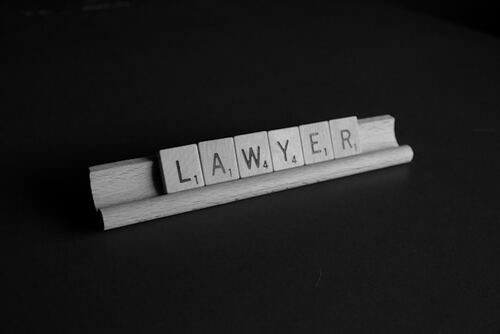Losing a loved one unexpectedly is painful enough without having to worry about finances. Florida’s wrongful death law allows certain family members to seek compensation when a death is caused by someone else’s negligence. This can help provide resources to move forward.
A wrongful death claim is typically filed by the personal representative on behalf of the victim’s eligible survivors. Factors like the relationship to the deceased and the impact of their death determine how damages are divided. Some common compensation includes:
Funeral and Burial Expenses
Funeral costs and burial expenses can be substantial. If wrongful death is proven, the at-fault party typically covers these costs so grieving families don’t have to pay out-of-pocket. Save receipts to be reimbursed.
Loss of Future Earnings
A major component of compensation is the projected future income the deceased would have earned over their lifetime, factoring in raises and benefits. Expert economists calculate the total expected earnings lost. This helps replace income families depended on.
Loss of Benefits
Wrongful death claims may include compensation for benefits the deceased would have earned, such as retirement funds, health insurance, social security, and more. Families can recover the value of these lost benefits by help from a wrongful death attorney.
Loss of Inheritance
The amount of assets and money that the deceased family member would have continued accumulating and that the survivors reasonably expected to inherit one day can potentially be included in a wrongful death claim. Expert testimony is often utilized to establish the inheritance survivors anticipated based on factors like the deceased’s income, savings patterns, investments, retirement planning, life insurance policy amounts, and other demonstrated financial habits. Calculating the loss of inheritance provides compensation to survivors for wealth transfers they were deprived of due to the wrongful death. This helps provide greater financial security and stability to grieving families.
Pain and Suffering
Though the deceased did not survive, compensation covers any pain, fear, or suffering experienced between injury and passing. Eyewitness accounts help establish physical and emotional distress.
Loss of Companionship
This difficult-to-quantify damage compensates surviving spouses and dependents for losing the love, companionship, care, guidance, and support the deceased provided. Testimony demonstrates the intrinsic value of relationships lost.
Punitive Damages
If the liable party’s actions were grossly negligent or reckless, punitive damages may be awarded to punish and deter similar conduct. Punitive damages are limited in some states.
Conclusion
Losing a loved one is devastating. But wrongful death claims provide financial resources to families who need them. The compensation can pay for expenses and make up for income loss. This allows families to grieve without extra hardship.
If negligence caused your loved one’s death, contact a wrongful death attorney. An experienced lawyer will handle the case and pursue full damages. Though money can’t replace someone, it can ease burdens on grieving families. Meet with a lawyer to discuss getting the maximum compensation you deserve. Justice can’t bring back the deceased, but it can offer families financial means to move forward. During an already difficult time, focus on healing while your attorney focuses on fighting for the compensation your family deserves.


